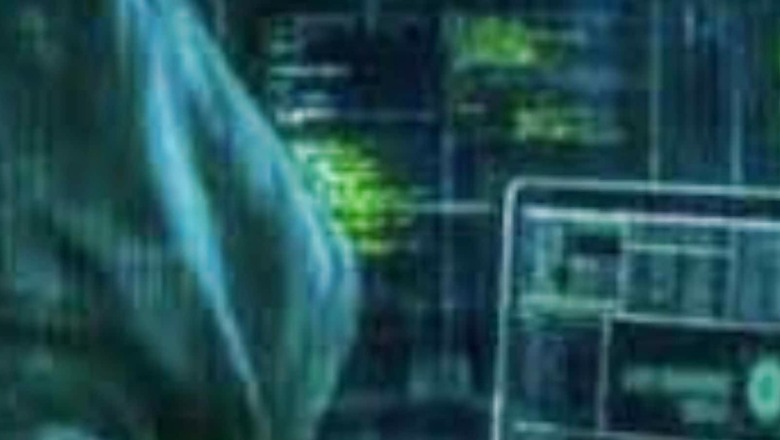
views
The revelation of the Centre’s connection regarding the use of spyware Pegasus for snooping purposes may have snowballed into a controversy last week but its roots lie way into the past, reports TOI.
A report by TOI claims that despite the Supreme Court’s 1996 order laying down unambiguous and stringent guidelines to curb unauthorized surveillance, interception or tapping of phone calls of ministers, journalists, etc has been in practice for as long as three decades.
As early as the 1970s, the Second Press Commission, set up by Morarji Desai government in its report had stated that the Press, in general, have had to suffer from the tapping of telephones. However, the first such case of snooping came to the fore in 1991 when an NGO ‘People’s Union for Civil Liberties’ approached the court for fixing accountability after a news magazine ‘Mainstream published a report about unauthorized interception of over 300 phones by the government.
The SC Judgement on the issue on December 18 revealed various categories of illegal snooping. On the basis of Kapil Sibal’s Suggestion, the court had then ruled that the right to privacy is part of the right to life and therefore the five grounds under the Indian Telegraph Act, which can be availed by a government to intercept telephone conversations would not be resorted to unless in case of a public emergency or in the interest of public safety.
A 9 point guideline was issued which specified that authorization for an interception to telephones could be issued only by the home secretaries of the Union and state governments, while in case of emergency the orders must come from a designated officer in the respective home departments.
However, the guidelines were breached once again when a complaint by then finance minister Pranab Mukherjee against lobbyist Niira Radia led to the interception of 5,800 telephone calls made by her between August 20, 2008, to 2009.
The Radia Tapes caused a furor among the public as it revealed leading politicians and journalists asking for favors from Radia. Industrialist Ratan Tata had back in 2010 moved the SC seeking protection against such a breach of privacy, the judgment for which is still pending with the court.
Among other reasons, politicians like Sachin Pilot and alike have attributed the lax on the part of the supreme court to scrutinize the interception modalities in the span of the 3 years as a reason for such outright breach of privacy by the various successive governments.
Read all the Latest News, Breaking News and Coronavirus News here.













Comments
0 comment